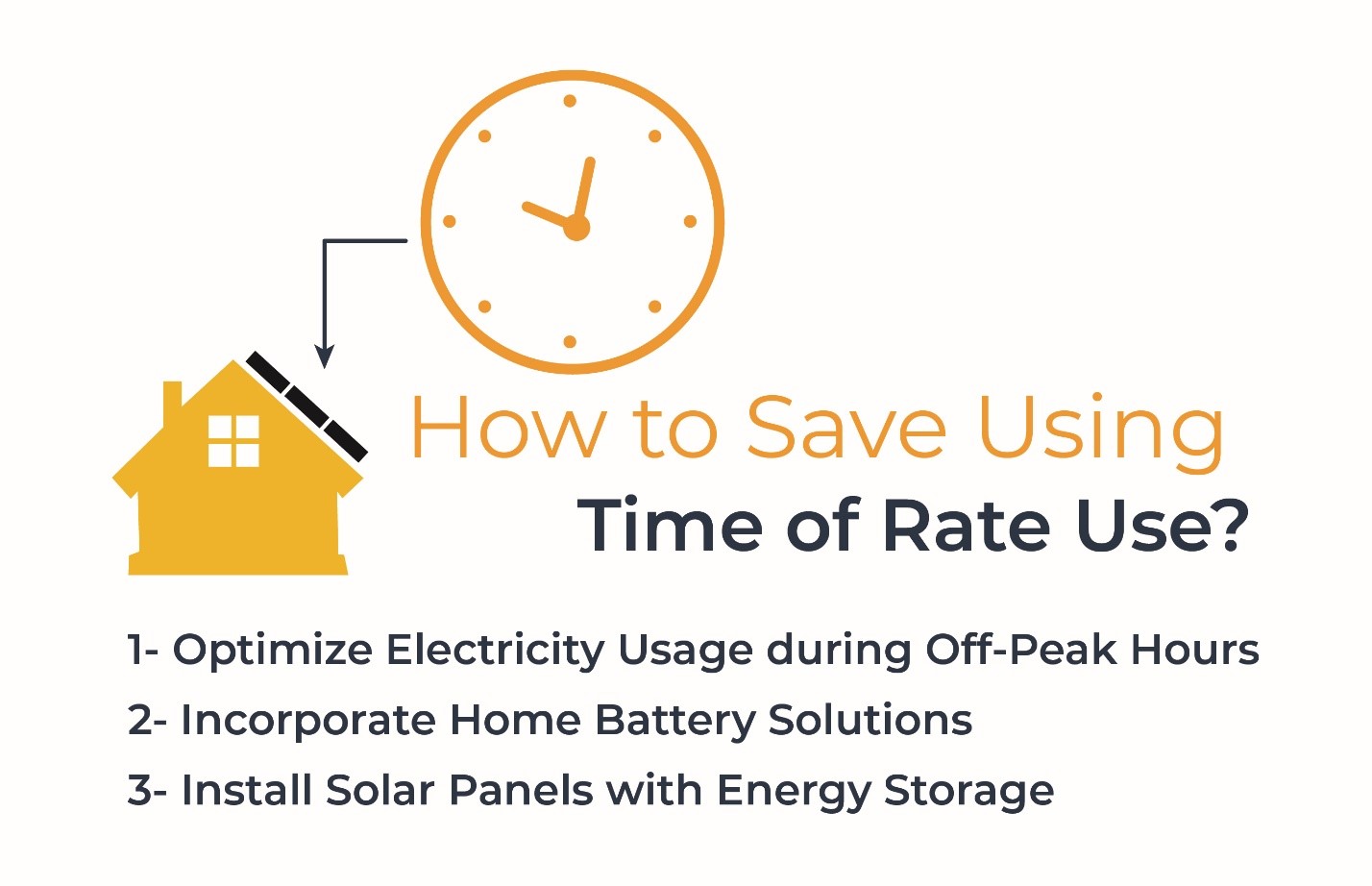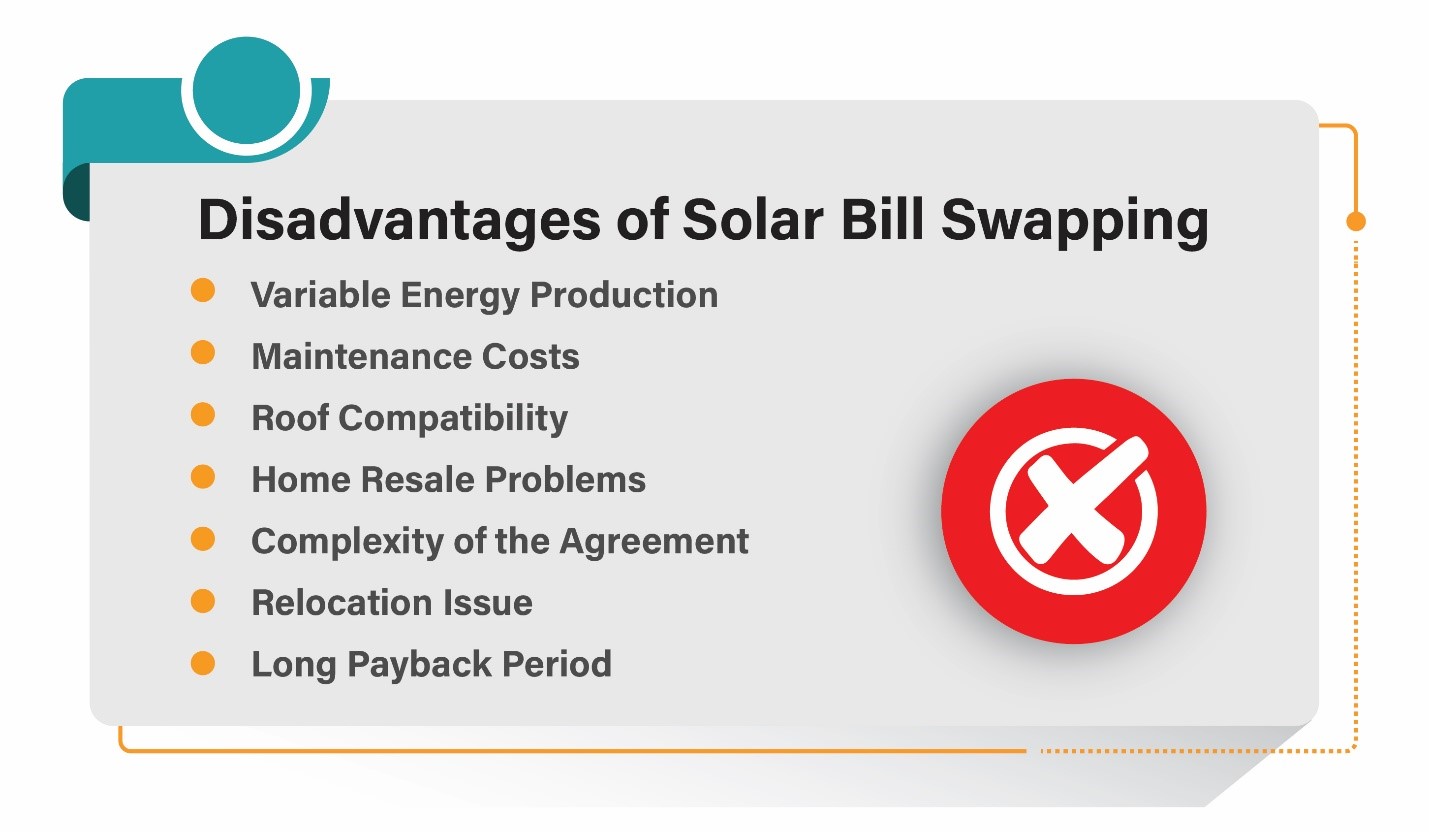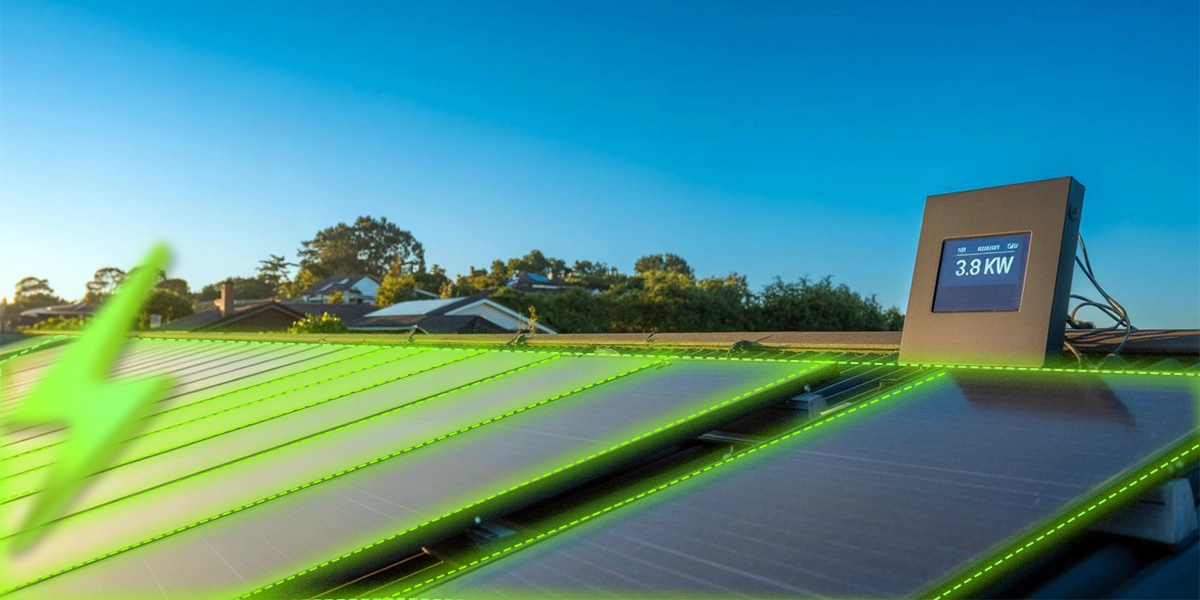- Published On:
How Solar Bill Swapping Empower
Homeowners to Control Their Energy Expenses
Are you fed up with increasing electricity expenses eroding your budget? Well, there’s good news for homeowners looking to take control of their energy expenses. With solar bill swapping, you can now take control of your energy bills and start saving big.

In this article, we’ll explore how solar bill swapping can empower homeowners like you to reduce their reliance on traditional energy sources and embrace clean, renewable solar energy. We’ll dive into the benefits of swapping your electricity bill for solar credits, showcasing how this innovative system can help you save money, reduce your carbon footprint, and even earn extra income.
What is solar bill swapping?
Solar bill swapping refers to the practice of substituting your electric bill with a monthly payment for solar energy. When you install solar panels on your property, you generate your own electricity, reducing your reliance on the grid. The energy produced by your solar panels offsets your electricity charges, allowing you to pay a lower or even zero electric bill. Essentially, you swap your electric bill for a lower solar bill. Keep in mind that solar bill swapping involves financing the solar system over a number of years, but the savings from reduced energy costs can make it a financially attractive option. In bill swapping, electric bill payments take over solar installation financing payments. In simple terms, bill swapping is not the single method to pay for your solar installation.
The term swap means exchange, so the idea behind is that you can replace your monthly electricity bill with a monthly solar financing bill. The money that you have otherwise used to pay the electric bill will go towards either buying or leasing the solar system. This approach is a long-term saving process. Moreover, solar PV modules also protect you from electricity prices and will lock your bills for 25-plus years.
Ways of Solar Bill Swapping:
1. Loans:
Opting for a loan to finance your solar panel installation is the most advantageous choice among the three primary methods of solar bill swapping. This approach allows you to get a solar system installed quickly so that you will be able to generate renewable swiftly as possible.
During the loan process, you receive funds from a lender, often without an initial payment. As time progresses, you reimburse the borrowed sum, plus accrued interest. When the mutually agreed-upon repayment period ends, you can bid farewell to monthly payment obligations.
When you utilize loans for solar bill swapping, you enjoy several benefits. Firstly, your solar installation substantially reduces your monthly electricity bills while simultaneously boosting the value of your home.
Loans are especially well-suited for solar bill swapping due to several reasons. Monthly payments for solar loans are often comparable to the savings on your electricity bills for the average household. Additionally, as the owner of the solar panels, you become eligible for various incentives and rebates at the federal, state, and local levels. For instance, with a federal income tax incentive, you are eligible for a 30% credit on your tax returns.
2. Home Equity:
Another viable approach for solar bill swapping is utilizing a home equity line of credit (HELOC) or through a cash-out refinance. These credits only become applicable when your home’s value has been increased since you bought it.
A HELOC allows you to leverage the home equity as a credit. Typically, you borrow only the amount required to cover the cost of your solar installation. It’s important to note that your interest rate may vary. However, you’re only charged with the interest on the funds you actually use.
On the other hand, a cash-out refinance involves replacing your existing home loan with a higher-value mortgage. The difference between the two loans is what you can use to finance your solar panel installation. Once again, it’s prudent to borrow only the amount necessary for your solar project.
In both scenarios, the funds you borrow enable you to invest in a home solar installation. Subsequently, the savings generated from reduced electricity bills help offset the payments associated with the HELOC or cash-out refinance. While not as straightforward as traditional loans, HELOCs, and cash-out refinances represent viable paths for achieving solar bill swapping.
Leases and Power Purchase Agreement:
The third primary options for achieving solar bill savings are solar panel leases and Power Purchase Agreements (PPAs).
With both of these choices, an external entity, often a company, installs a solar panel system on your property. You can then reap the benefits, such as reduced monthly electricity bills, while making regular payments to the entity responsible for the solar panel installation.
With both of these choices, an external entity, often a company, installs a solar panel system on your property. You can then reap the benefits, such as reduced monthly electricity bills, while making regular payments to the entity responsible for the solar panel installation.
The fundamental idea behind solar bill swapping remains consistent: the savings on your electricity bills, thanks to the solar installation, help offset the payments to the entity that owns and maintains the solar system.
However, unlike loans, Home Equity Lines of Credit (HELOCs), and cash-out refinances, you don’t have any ownership stake in the solar installation. This means you miss out on potential rebates and incentives. It can sometimes feel like you’re essentially throwing money away. While it’s convenient to access clean energy without upfront costs, you’re essentially renting the solar system indefinitely.
Leases and PPAs typically serve as the last resort options for those seeking solar bill swapping. Additionally, they can complicate the process of buying or selling a home with a solar system in place

Solar Bill Swapping and Net Metering:
When you install solar panels, you generate your own electricity, which can be used to power your home or business. Any excess electricity that you generate but do not use can be fed back into the grid. In return, you receive credits or financial compensation for the surplus energy you contribute.
By participating in net metering or feed-in tariff programs, you can effectively swap your electricity bill with the utility company. The credits you accumulate through solar power generation can be applied to future electricity bills, reducing or even eliminating your out-of-pocket expenses. This way, you become more self-sufficient in meeting your energy needs and can potentially save money in the long run.
Switching to solar power and engaging in bill swapping can help you save on electricity costs, contribute to a more sustainable energy system, and potentially earn income from your excess solar energy generation.
Advantages of Solar Bill Swapping:
Reduce Electricity Costs:
Solar bill swapping allows homeowners to significantly reduce their monthly electricity expenses. By generating their own clean energy from solar panels, they rely less on utility companies and see substantial savings on their bills.
Eco-friendly:
Solar bill swapping promotes the use of renewable energy. This not only reduces the carbon footprint of the households but is good for the environment. Solar power generates electricity without the emission of greenhouse gasses. Therefore, reducing the overall pollution in the atmosphere.
Energy Independence:
With solar panels, homeowners gain energy independence. They are less reliant on external energy sources. This can be valuable during power outages and energy crises.
Increased Home Value:
Solar installations can increase the property value of your household. Buyers find energy-efficient homes with solar panels appealing. According to Zillow’s estimation, solar panels can increase the home value by 4.1%. Therefore, making it easier to sell the property and potentially at a higher price.
Incentives and Tax Credits:
Depending on your location and government policies, you may qualify for various incentives, tax credits, and rebates for installing solar panels. These financial benefits can offset the initial cost of the installation.
Long-Term Savings:
Solar panels have a long lifespan, typically more than 25 years, and require minimal maintenance. This means homeowners can enjoy consistent energy savings over the years, ultimately resulting in substantial long-term financial benefits.
Energy Security:
Solar power provides a source of energy security. With your own solar PV modules, you are less susceptible to energy price fluctuations and supply disruptions.
Solar bill swapping offers financial as well as environmental benefits by reducing energy costs, increasing property value, and contributing to a sustainable and clean energy future.

Variable Energy Production:
Solar power production is dependent on weather conditions and daylight hours, which can lead to fluctuations in energy production. This means that you still have to rely on the grid during cloudy days and nights unless you install solar panels with a battery backup system.
Maintenance Costs:
Solar panels generally require minimal maintenance. However, in some cases, there may be costs associated with cleaning, repairs, and replacement of damaged equipment. However, in the case of a lease and power purchase agreement, the company is responsible for maintenance costs. You don’t have to worry about any damage.
Roof Compatibility:
Not all types of roofing materials are suitable for installing solar PV modules. Factors such as the orientation of the rooftop, shading, and the types of roofing material impact the installation procedure of solar panels.
Home Resale Problems:
While solar panels can increase a home’s selling value, they may not necessarily lead to a higher selling price. This is because if the potential buyers are not interested in taking over the solar lease or the power purchase agreement.
Complexity of the Agreement:
Lease and power purchase agreements can be complex, with various terms and conditions that homeowners must understand thoroughly. It is crucial to be aware of all the details and limitations.
Relocation Issue:
If you decide to move before the payback period is complete, transferring a solar lease or PPA agreement to the new homeowner can be challenging and may affect the sale of your home.
Long Payback Period:
It can take many years to recoup the initial investment through energy savings. The payback period depends on factors like location, system size, and your local electricity rates.
Financial Challenges:
Securing financing for solar panel installation can be challenging for some homeowners, especially those with lower credit scores and limited access to loans.

To say the least, solar bill swapping offers a promising path toward sustainable energy solutions and savings for homeowners. While it comes with initial expenses, the long-term benefits, such as low utility bills, energy independence, and reduced carbon footprint, make it an attractive option for many homeowners. It is essential to weigh these advantages against the drawbacks. Ultimately, the decision to embrace solar bill swapping should be made after careful consideration. With proper planning, solar bill swapping can be beneficial, both in terms of savings and environmental impact.
Finding the Best Financing Option with Solar SME Inc:
At Solar SME, we pride ourselves on being a qualified solar panel provider committed to simplifying and making solar power accessible and cost-effective for you. We recognize that renewable energy not only benefits the environment but is also a savvy financial choice.
Our team of energy experts collaborates closely with you to identify a financing solution customized to fit your monthly financial plan. A major portion of our clientele has the opportunity to finance their residential solar system without any upfront costs and enjoy minimal to zero interest rates.
So, contact us now to get a personalized Free quote for your household.
Related Articles:
While solar power is an ideal solution to mitigate rising utility bills and long power outages, factors like roof direction, panel efficiency, and even weather changes, etc., may all affect the solar panel output. Explore tips to get most out of your solar system!
You will still get an electricity bill from your utility company if you have a grid-tied solar system. However, it will be different from other users and you can learn what your electricity bill might look like after installing residential solar panels if you are familiar with the basic things. Learn how to read your solar electric bills step by step and tips to optimize your energy usage.
If you have ever wondered how solar panels work you are not alone. People around the world have studied solar energy for nearly 200 years.



